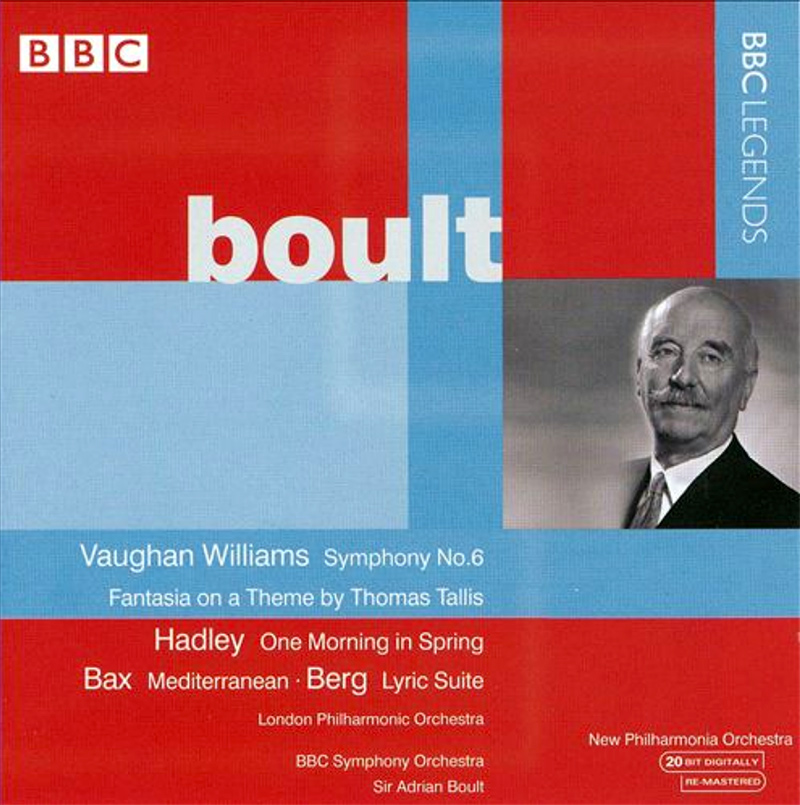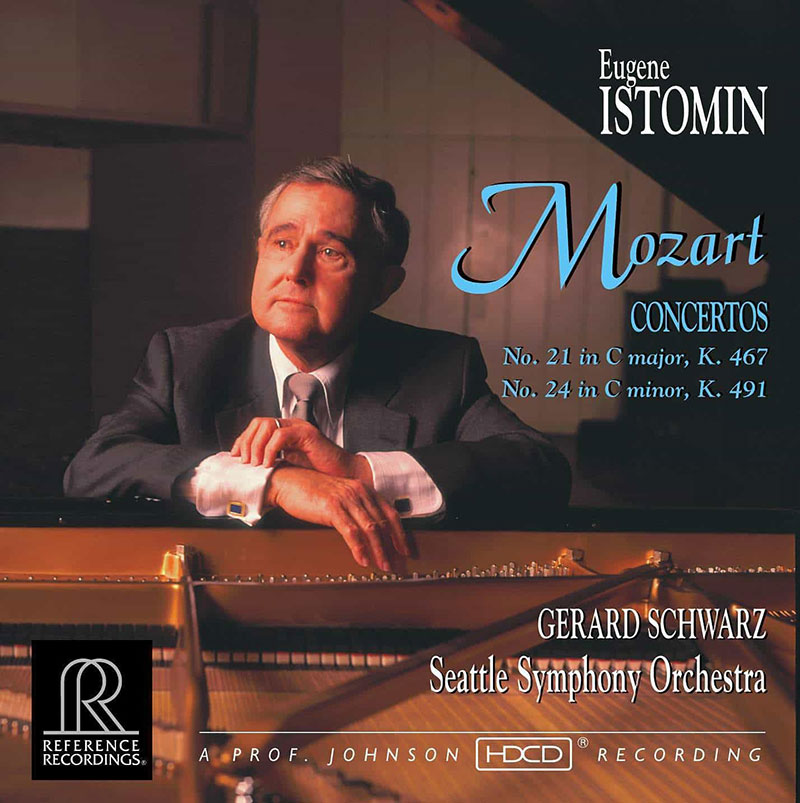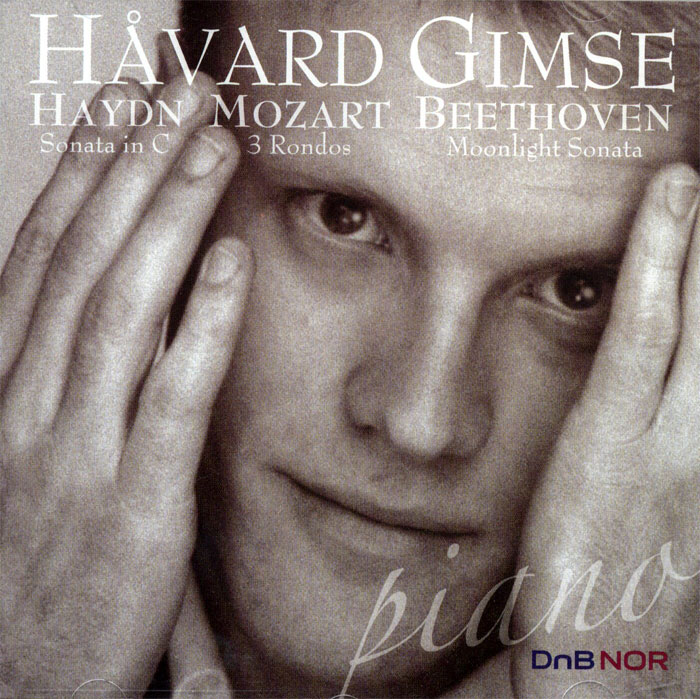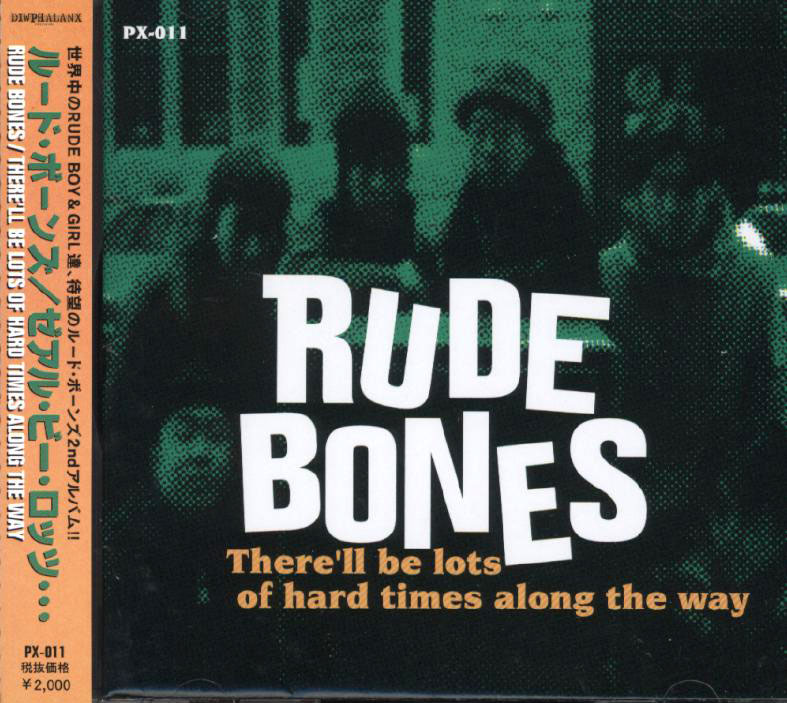Logowanie
Dziś nikt już tak genialnie nie jazzuje!
Bobby Hutcherson, Joe Sample
San Francisco
SHM-CD/SACD - NOWY FORMAT - DŻWIĘK TAK CZYSTY, JAK Z CZASU WIELKIEGO WYBUCHU!
Wayne Shorter, Freddie Hubbard, Herbie Hancock, Ron Carter, Elvin Jones
Speak no evil
UHQCD - dotknij Oryginału - MQA (Master Quality Authenticated)
Chesky! Niezmiennie perfekcyjny
Winylowy niezbędnik
ClearAudio
Double Matrix Professional - Sonic
najbardziej inteligentna i skuteczna pralka do płyt winylowych wszelkiego typu - całkowicie automatyczna
VAUGHAN-WILLIAMS, HADLEY, BAX, BERG, London Philharmonic Orchestra, BBC Symphony Orchestra, Sir Adrian Boult
Fantasia on a Theme by Thomas Tallis / Symphony No. 6 in E Minor / One Morning in Spring
- London Philharmonic Orchestra - orchestra
- BBC Symphony Orchestra - orchestra
- Sir Adrian Boult - conductor
- VAUGHAN-WILLIAMS
- HADLEY
- BAX
- BERG
Here are diverse pieces from three distinct programs given by Sir Adrian Boult (1889-1983) that alter our perception of Boult as “merely” an exponent of British music. In fact, the range of Boult’s musical interests–attested to by his performance of Berg’s Lyric Suite (12 December 1966)–remind us that this composer even congratulated Boult for what Berg called the “immense preparation” involved in Boult’s concert version of Wozzeck. The disc does indeed open with excerpts from the 7 July 1972 Vaughan Williams Centenary Concert from Cheltenham Town Hall, the perennial Fantasia on a Theme by Thomas Tallis and the Sixth Symphony. The magnificent organ sonority projected by the two string orchestras–played against the cloistered intimacy of the string quartet concertino — quite enthralls with its Renaissance grandeur. Only Mitropoulos and Stokowski can match this viscerally broad, passionate conception by Boult, the rhythm and dynamics waxing and waning in sumptuous waves of sound. The quartet’s final return after the climactic peroration rings with a particular valediction, a fitting tribute from one great musician to another. The Sixth Symphony (1948) burns with a spectacular–perhaps “apocalyptic”–fire; and some have found in the last movement: Epilogue: Moderato a wasteland sensibility. The first movement, taken quickly by Boult, projects an arrogant swagger and brashness that could be Vaughan Williams’ answer to George Antheil. The second movement Moderato projects a specter of mortality–B-flat Minor and utilizing a three-note, ostinato death-rattle–close to the spirit of dark spiteful Shostakovich. This music might have inspired Neville Shute’s grimly cautionary novel, On the Beach. The English horn solo might nod to the Swan of Tuonela. Bould drives the Scherzo hard, its fugal motion and tenor saxophone eventually turning themselves upside down. A spiritual collapse ensues, just leaving the bass clarinet to take us to the pp Epilogue. Remastering engineer Tony Faulkner delivers the unique eerie sound of the last movement with unnerving fidelity, the upper strings detached from humanity, perhaps in the spirit of El Greco’s ghostly portraits. The first of two miniatures (26 November 1969) of this eclectic program is by Patrick Hadley (1899-1973), a composer who became an amputee at the end of WW I. Bucolic, touched by a sense of French (especially Roussel) harmony and timbre, the piece carries both an aerial and slightly ominous message. The Bax piece, a sultry dance with a touch of Chabrier, enjoys the Spanish air and Coast of the Sun. A different, more erotic atmosphere haunts Berg’s Lyric Suite, composed for the composer’s mistress Hanna Fuchs-Robettin. In three movements arranged from a six movement quartet, the music–in a studio performance–wafts a hot-house mentality from the first notes. The second movement combines ardent and luridly suggestive colors in way that raises images of a most secret garden filled with dangerous flora. Slides and plucked strings intimate wry and clandestine gestures of decidedly Swinburne sensibilities. The last movement captures Berg’s equivalent of Wagnerian ecstasies, perhaps T.S. Eliot’s sirens riding atop desirably treacherous waves. Not for the faint-hearted, this performance. –Gary Lemco





































